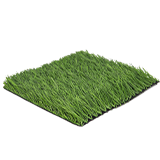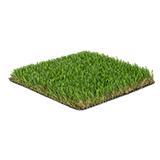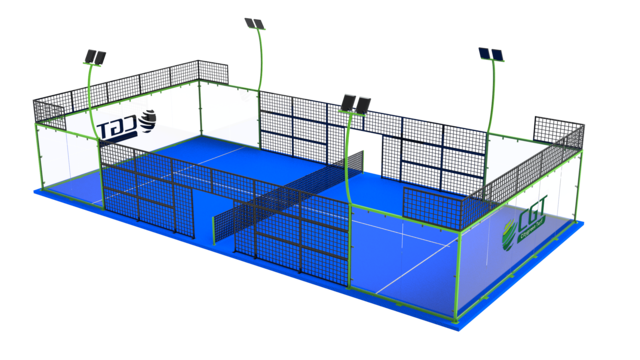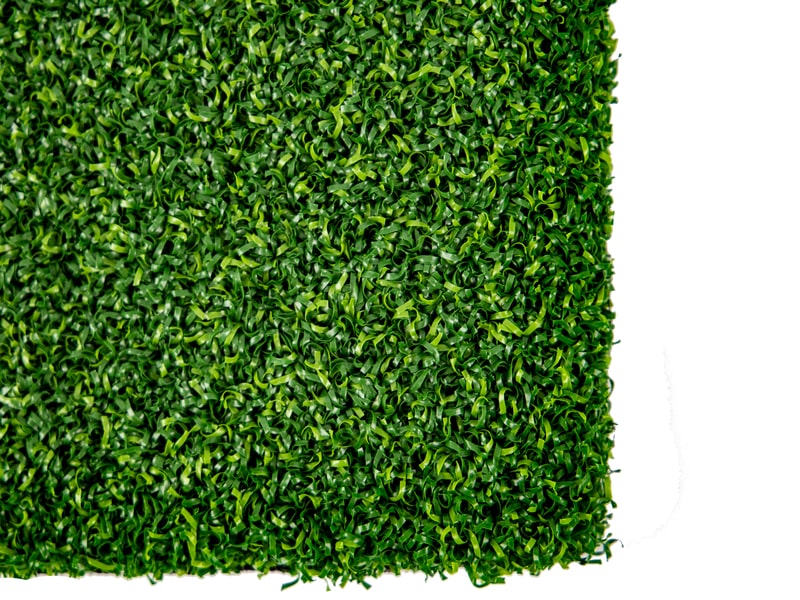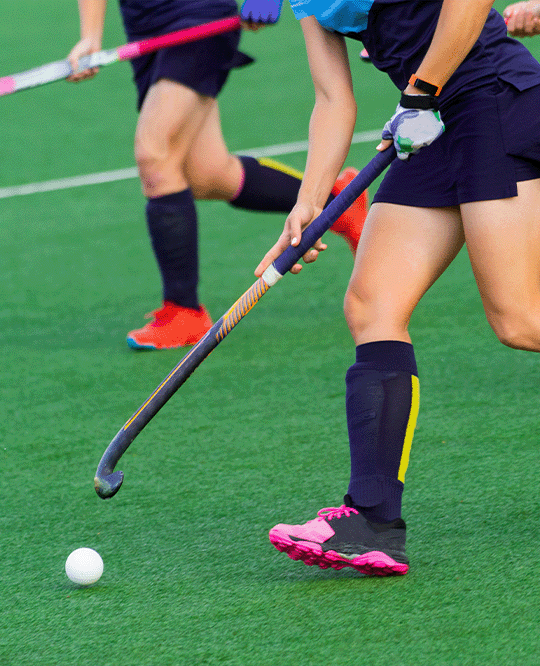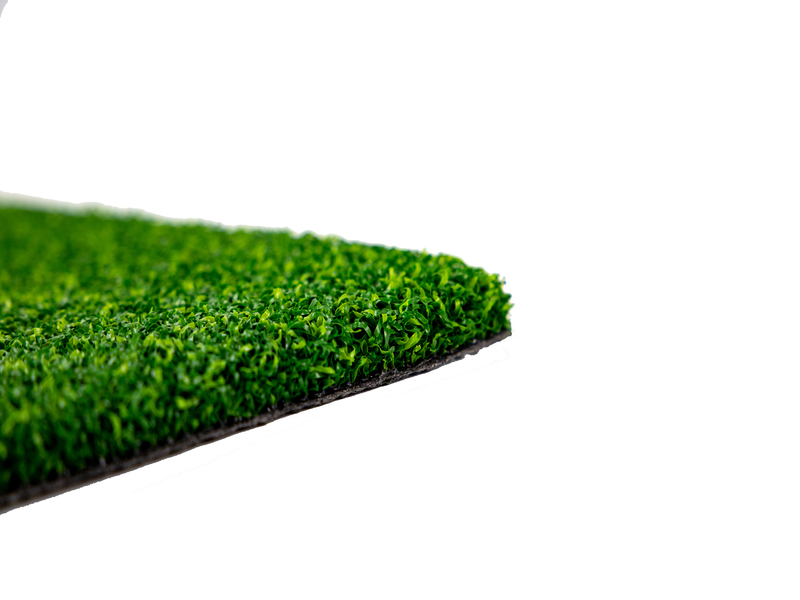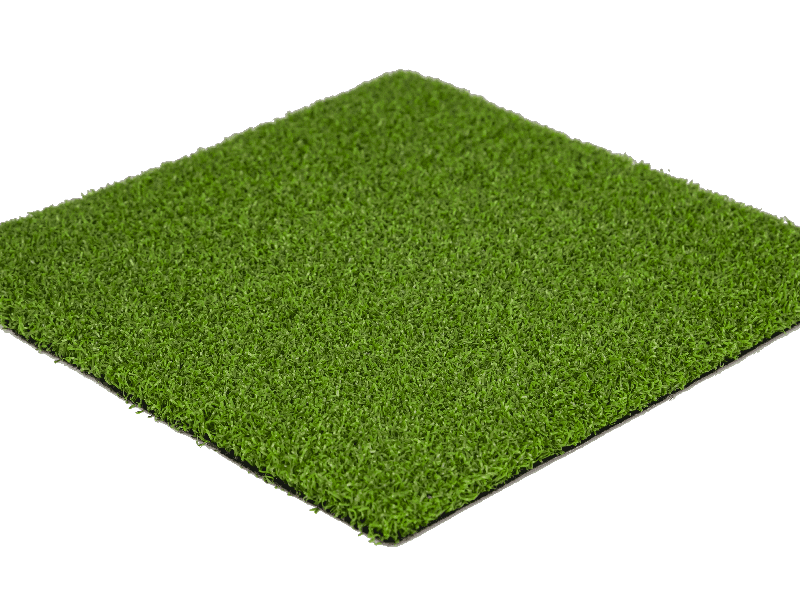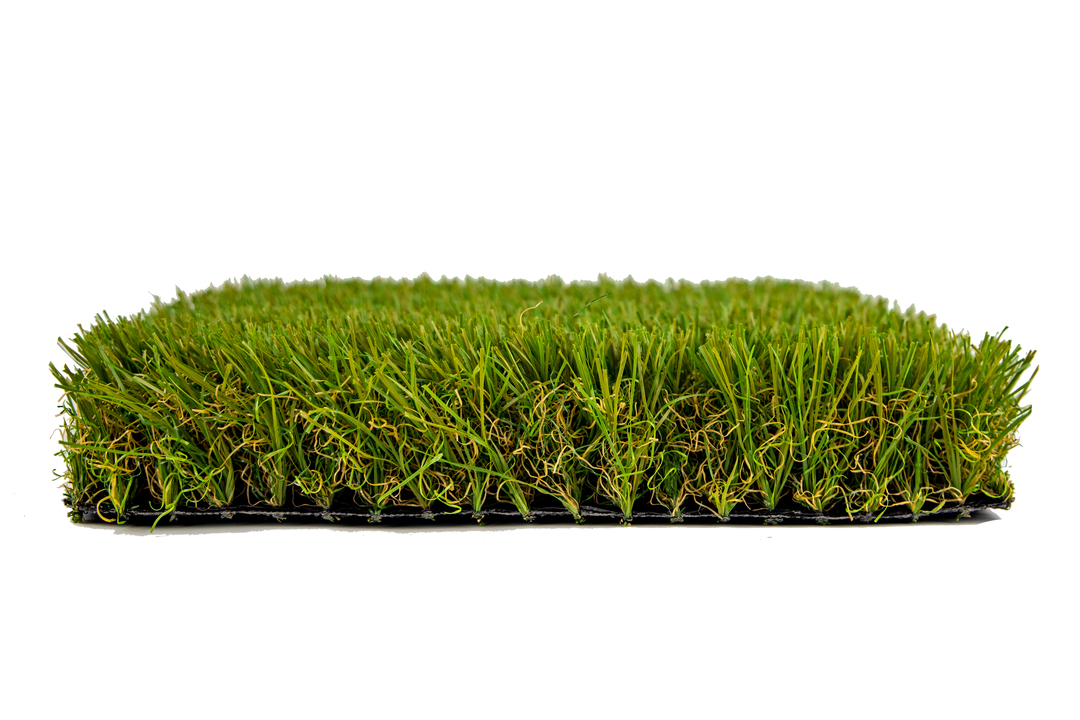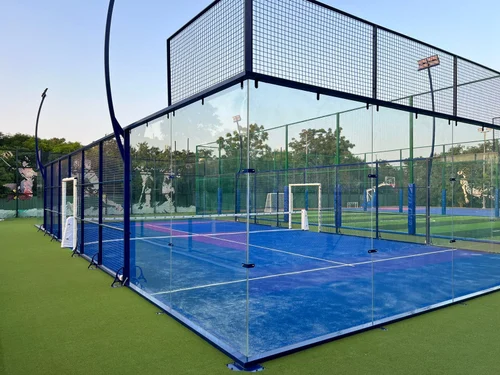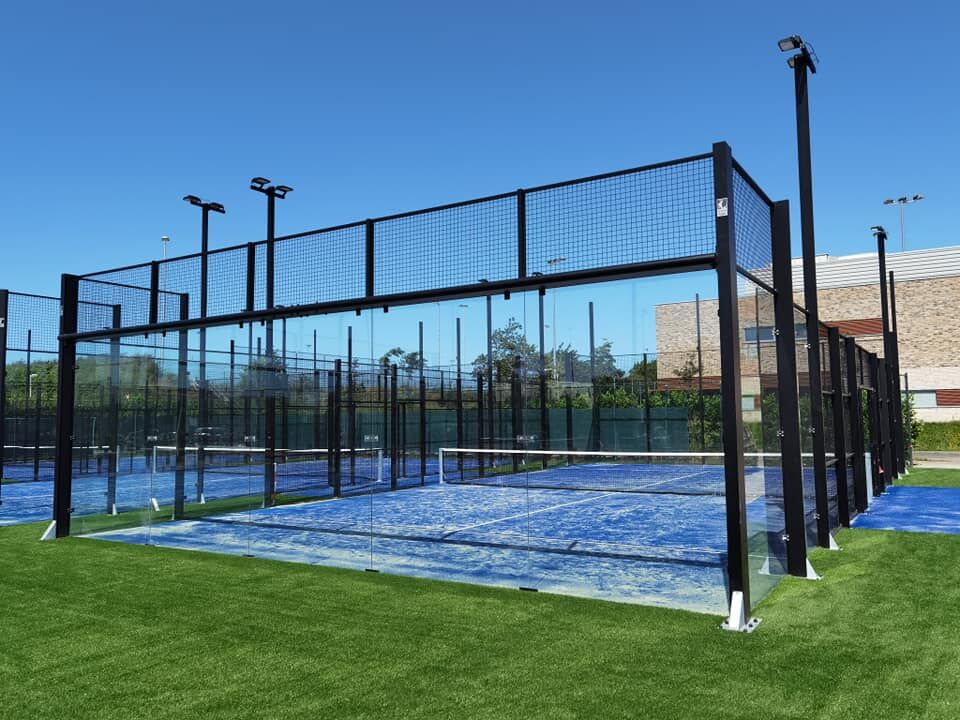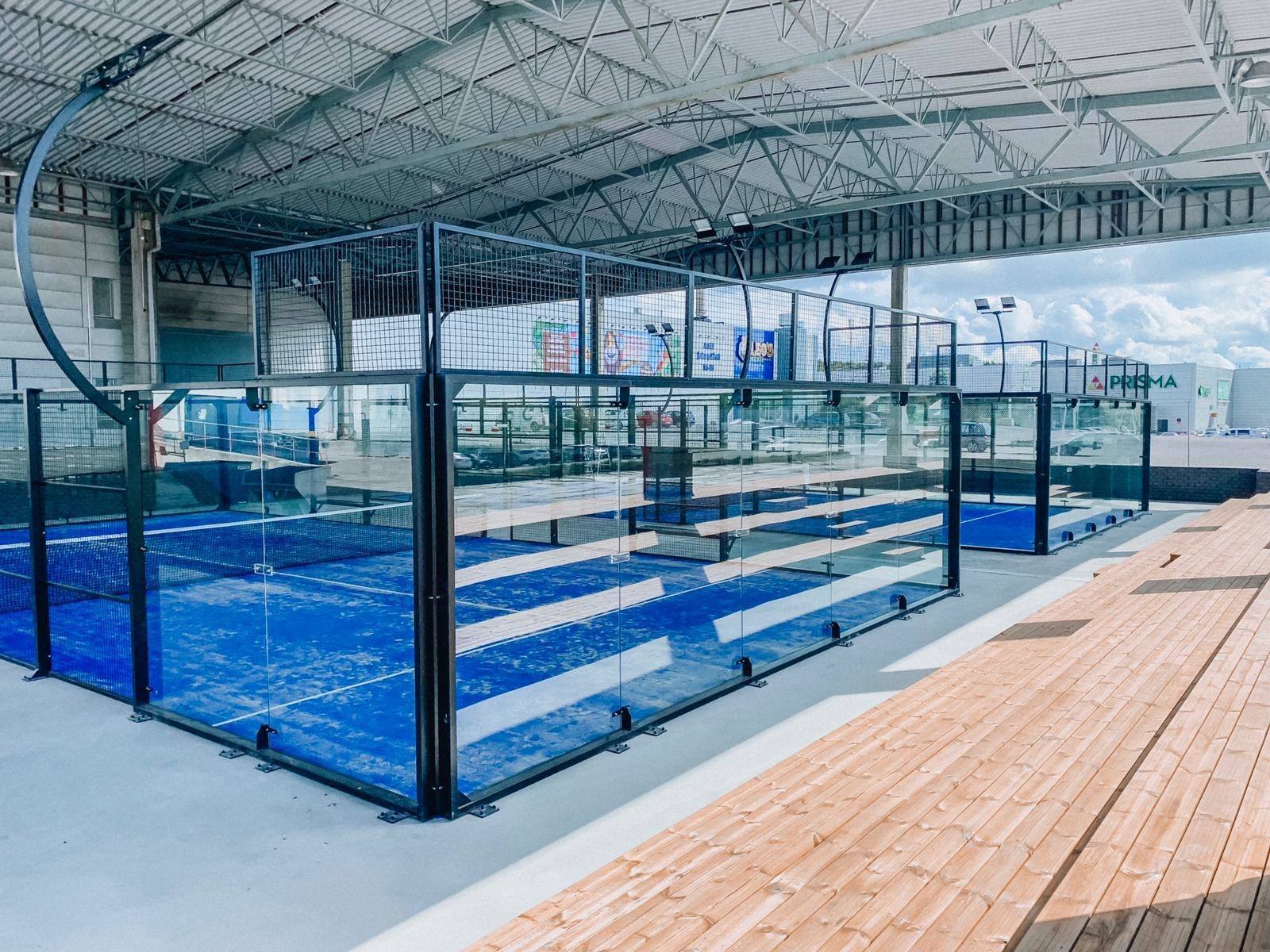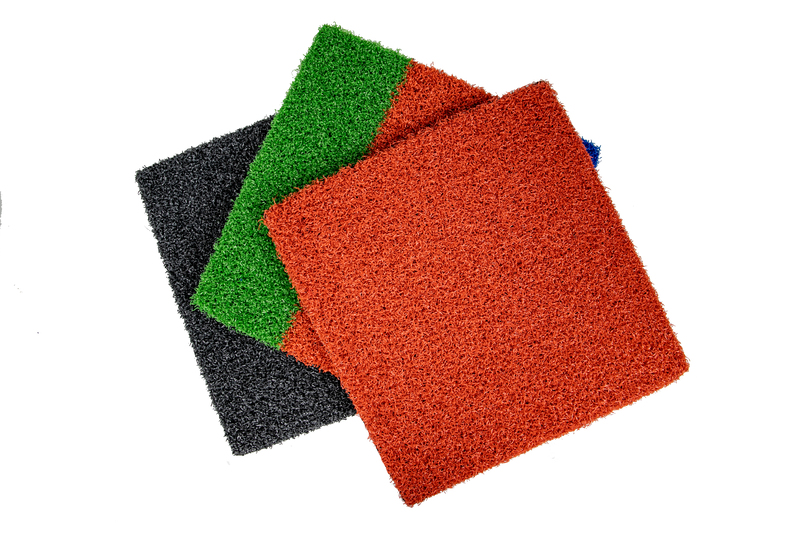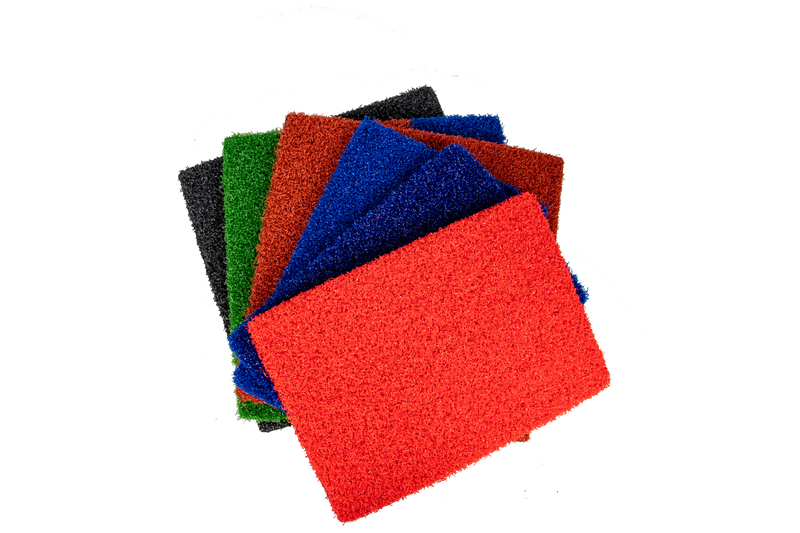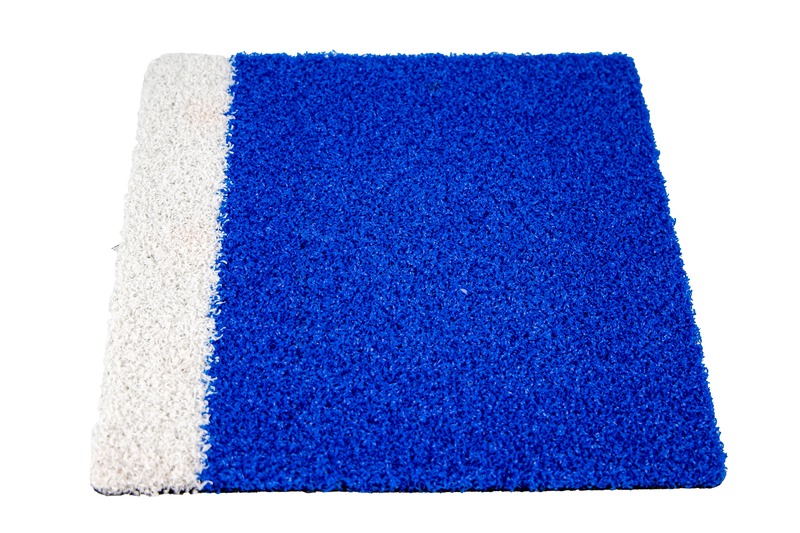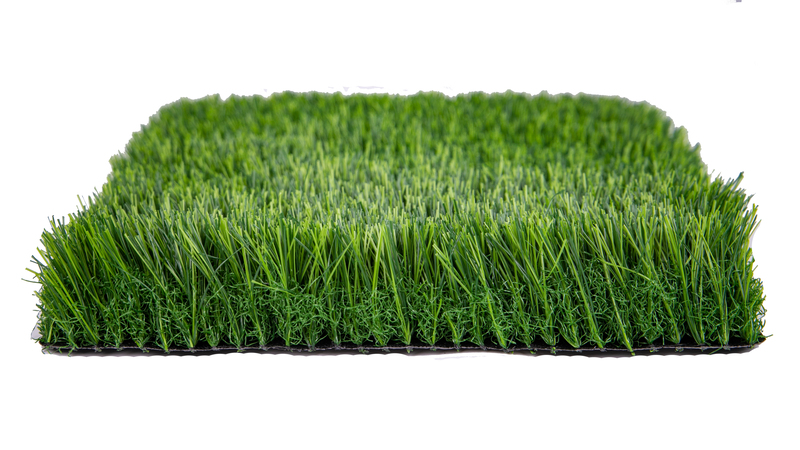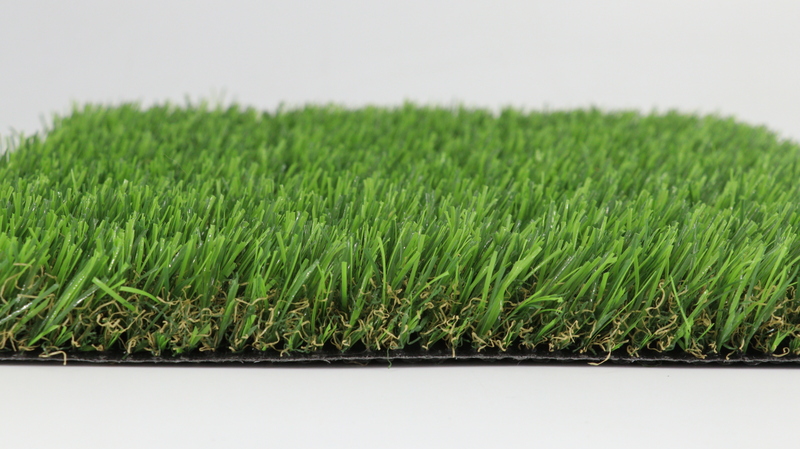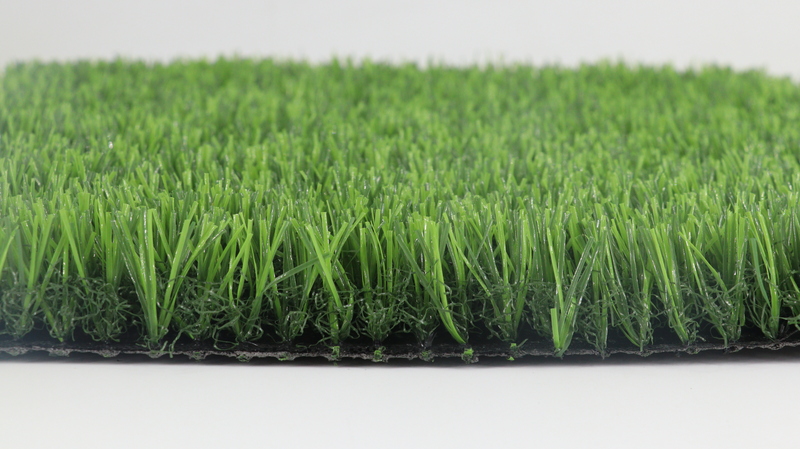Field hockey is a sport of speed, precision, and agility—and the surface it’s played on has a big impact on the game. Over the past few decades, natural grass has steadily given way to artificial turf for hockey pitches worldwide. But what makes artificial turf so well-suited for field hockey, and why are more clubs, schools, and sports complexes turning to hockey synthetic turf? This complete guide dives into the key reasons artificial turf is the go-to surface for modern field hockey and what buyers should consider when choosing the right solution.
Why Surface Matters in Field Hockey
Unlike many ball sports, field hockey depends heavily on consistent ball speed and smooth gliding. Traditional grass fields often struggle to meet these needs, especially under frequent use or poor weather. Uneven growth, muddy patches, and unpredictable bounce affect gameplay and increase injury risk.
Artificial turf offers a level and uniform playing surface, making it ideal for high-speed passing and precise ball control. The result? A more technical, faster-paced, and safer game that players and coaches prefer.
Hockey Synthetic Turf Manufacturer
Benefits of Artificial Turf for Hockey Pitches
Consistent Performance
One of the biggest advantages of artificial turf for hockey pitch design is its consistent surface quality. Whether it’s dry, rainy, or exposed to heavy foot traffic, a well-installed hockey synthetic turf remains level and reliable. This consistency helps players focus on their technique and strategy without worrying about uneven patches or slippery spots.
Faster Gameplay
Field hockey turf is specifically engineered to support faster ball roll and reduced friction. Unlike natural grass, where blades and soil can slow the ball down, synthetic turf allows the ball to glide smoothly, which speeds up gameplay and encourages quick passes, agile movements, and sharper reflexes.
Reduced Maintenance
Maintaining a natural grass field for hockey takes significant resources—mowing, watering, reseeding, and pest control, to name a few. With artificial turf, maintenance is minimal: regular brushing, debris removal, and occasional cleaning are enough to keep the pitch in peak condition. For clubs or schools managing multiple fields, this translates to cost savings and operational efficiency.
Extended Usage Hours
Artificial turf stands up to heavy use without deterioration. Whether it's back-to-back games, practice sessions, or tournaments, the field remains playable all day. This durability makes field hockey turf an excellent investment for facilities that need to accommodate high usage.
Weather Resistance
Synthetic turf systems perform well in various climates. Rain drains quickly through built-in drainage layers, eliminating muddy patches and reducing game cancellations. In hot climates, cooling infill or water-based systems can be incorporated to prevent overheating.
artificial turf for hockey pitch
Types of Artificial Turf for Field Hockey
Not all artificial turf is created equal. When selecting a surface for a hockey pitch, it's important to choose a system designed specifically for the sport. Common types include:
- - Water-Based Hockey Turf: Offers optimal ball speed and player safety. These are often used for international competitions and professional leagues.
- - Sand-Dressed Turf: Contains a thin layer of sand to stabilize the fibers. It's durable and cost-effective, ideal for schools and amateur clubs.
- - Multi-Sport Turf: Suitable for facilities hosting different sports. While not tailored for elite hockey, it's a good compromise for shared-use fields.
What to Look for in a Quality Field Hockey Turf System
When evaluating turf options, focus on these key features:
- Pile height and density: Lower pile height ensures smoother ball roll.
- Shock absorption: Built-in pads reduce impact and injury risk.
- UV resistance: Protects the turf from sun damage and fading.
- Compliance with standards: Look for systems certified by FIH (International Hockey Federation) for peace of mind.
Common Applications of Hockey Synthetic Turf
Artificial hockey turf isn’t just for international stadiums. More institutions are incorporating synthetic surfaces in:
- Schools and universities
- Community sports centers
- Sports clubs and academies
- Multi-use recreational complexes
These fields support training, league matches, and even casual community games—without compromising performance or durability.
field hockey turf supplier in China
Why Choose Artificial Turf?
For buyers managing commercial or institutional sports facilities, the long-term value of artificial turf is hard to ignore. Lower maintenance costs, extended field usability, and consistent quality all contribute to better returns on investment. Plus, high-performance hockey synthetic turf enhances the reputation of a facility, attracting teams, tournaments, and increased participation.
Recommended Product from CGT Turf
At CGT (Citygreen Turf), we specialize in manufacturing advanced artificial turf solutions tailored to field hockey applications. Our hockey synthetic turf is engineered for precision, speed, and durability—meeting international standards and adaptable for various climate conditions. Whether you’re upgrading an existing facility or building a new pitch from scratch, CGT provides custom solutions that align with your performance and budget goals.
Learn more about our field hockey turf systems and explore how CGT can support your next artificial turf project: https://www.citygreenturf.com/
Conclusion
Artificial turf has revolutionized the way field hockey is played and managed. With its game-enhancing properties, cost-efficiency, and adaptability, it's the clear choice for modern hockey pitches. Whether you're overseeing a sports complex, school field, or community project, investing in the right field hockey turf system can elevate the game and deliver lasting value.

